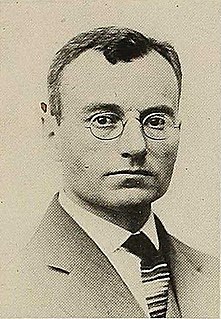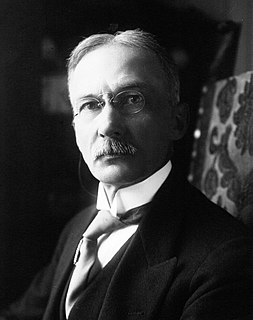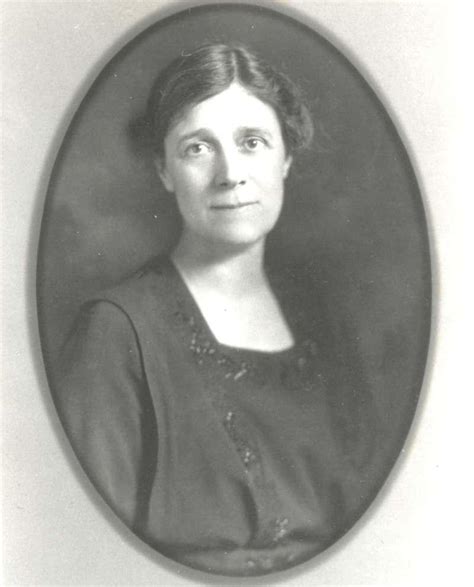A Quote by Carl L. Becker
All historians, even the most scientific, have bias, if in no other sense than the determination not to have any.
Quote Topics
Related Quotes
Most academic historians accept that historians' own circumstances demand that they tell the story in a particular way, of course. While people wring their hands about 'revisionist' historians; on some level, the correction and amplification of various parts of the past is not 'revisionism' as it is simply the process of any historical writing.
It is certain that the greatest poets, orators, statesmen, and historians, men of the most brilliant and imposing talents, have labored as hard, if not harder, than day laborers; and that the most obvious reason why they have been superior to other men is that they have taken more pains than other men.
The interventionists do not approach the study of economic matters with scientific disinterestedness. Most of them are driven by an envious resentment against those whose incomes are larger than their own. This bias makes it impossible for them to see things as they really are. For them the main thing is not to improve the conditions of the masses, but to harm the entrepreneurs and capitalists even if this policy victimizes the immense majority of the people.
I wish there was a serious investigation into flying saucers that wasn't conducted by crackpots. Unfortunately nearly all of the people who are interested in them kind of manufacture the evidence to fit the theories rather than the other way around. So it's very hard to find any dispassionate treatment of them. Maybe there isn't any scientific basis in which case that's why you never see any scientific evidence.
It is this claim to a monopoly of meaning, rather than any special scientific doctrine, that makes science and religion look like competitors today. Scientism emerged not as the conclusion of scientific argument but as a chosen element in a worldview - a vision that attracted people by its contrast with what went before - which is, of course, how people very often do make such decisions, even ones that they afterwards call scientific.
We often value the exterior and superficial aspect of things more than their inner reality. Bad manners taint everything even justice and reason. The 'how' of things matters most, and even the most disagreeable matters can be sweetened and gilded over with the proper appearance. Such is the bias and the weakness of the human mind.
Although humans inherit a biological bias that permits them to feel anger, jealousy, selfishness and envy, and to be rude, aggressive or violent, they inherit an even stronger biological bias for kindness, compassion, cooperation, love and nurture - especially toward those in need. This inbuilt ethical sense is a biological feature of our species.
Scientific and technological progress themselves are value-neutral. They are just very good at doing what they do. If you want to do selfish, greedy, intolerant and violent things, scientific technology will provide you with by far the most efficient way of doing so. But if you want to do good, to solve the world's problems, to progress in the best value-laden sense, once again, there is no better means to those ends than the scientific way.








































